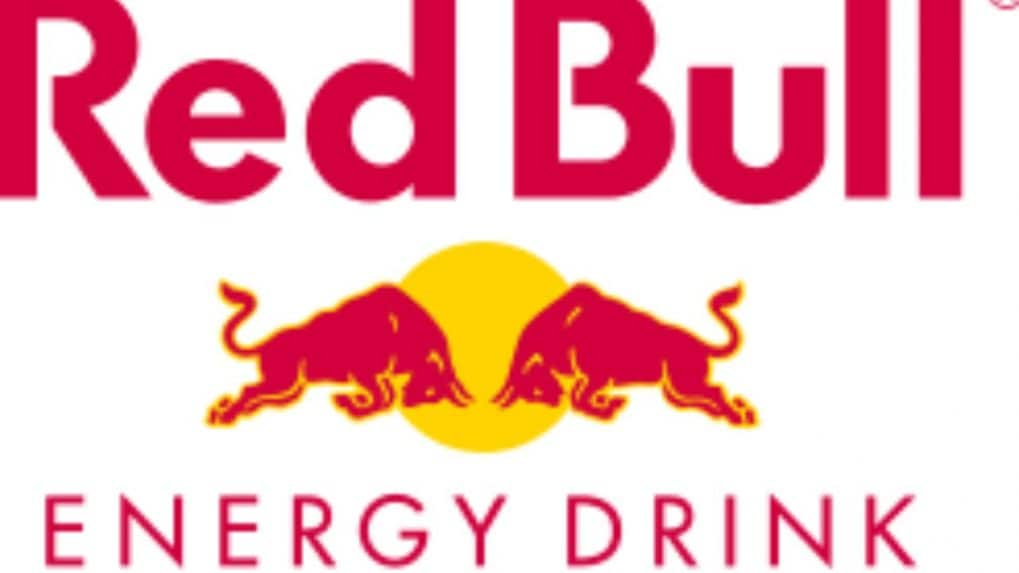Brand Makers
Dil Ka Jod Hai, Tootega Nahin

EU antitrust regulators have initiated a formal investigation into the Austrian energy drinks maker Red Bull, citing concerns that the company may be restricting market competition, specifically targeting products sold by its closest rival.
The European Commission’s probe follows a series of dawn raids conducted in 2023 and is fueled by allegations of anti-competitive tactics reportedly raised by Red Bull's U.S. rival, Monster Energy.
The EU antitrust enforcer stated it has indications that Red Bull developed a Europe-wide strategy to limit competition, focusing on energy drinks larger than 250 ml sold in supermarkets and petrol station shops.
The strategy, allegedly implemented in the Netherlands where Red Bull holds market power, targeted its closest competitor, which was not named in the statement.
EU antitrust chief Teresa Ribera stated: "We want to see if these practices may be keeping prices high and limiting choice of energy drinks for consumers."
The alleged anti-competitive practices include:
Granting monetary and non-monetary incentives to retailers (supermarkets and petrol stations) to cease selling rival drinks larger than 250 ml.
Misuse of its market power in its role as a category manager.
Red Bull has declined to comment on the investigation.
"The raucous, almost deafening, cuss words from the heartland that Piyush Pandey used with gay abandon turned things upside down in the old world order."
Read MoreFrom OpenAI’s ChatGPT-powered Atlas to Microsoft’s Copilot-enabled Edge, a new generation of AI-first browsers is transforming how people search, surf and interact online — and reshaping the future of digital advertising.